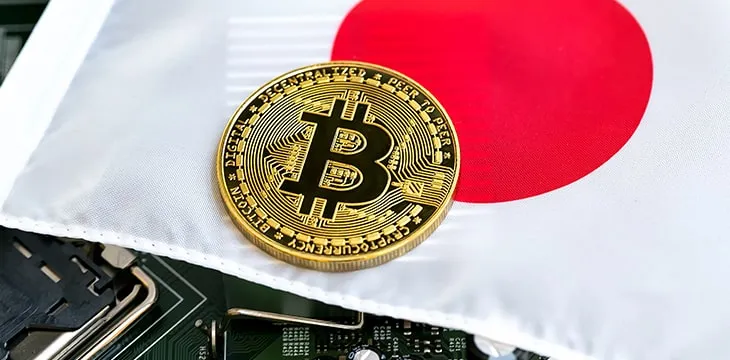|
Getting your Trinity Audio player ready...
|
Japanese exchanges could soon see lighter restrictions on the digital assets they’re allowed to list. The Japan Virtual and Crypto assets Exchange Association (JVCEA), the industry’s most prominent self-governance group, said it intends to allow trading platforms to list new assets without first going through its long screening process.
A new process, which could take effect by December 2022, would cut the time for exchanges to submit a listing plan and asset assessment back to under 30 days. JVCEA Vice President Genki Oda said his group intends to push for even shorter times, perhaps two weeks, in 2023. In turn, the group would require its members to report any unusual events on blockchains (e.g., hard forks and other protocol changes) and monitor each blockchain for assets it feels no longer qualify for a listing.
In early 2022, the JVCEA introduced a “green list” that allowed certain assets to list faster than others. Recently, Oda also said his preference is to abolish the screening process altogether by 2024, allowing exchanges to list any digital asset they like. However, he added that this was his personal opinion.
Japan has historically maintained tight controls over which digital assets may be listed on the country’s licensed exchanges. This has left one of the world’s largest trading markets with a comparative lack of investment options and has also contributed to Bitcoin SV‘s (BSV) struggles to obtain listings on Japanese platforms. Traders have an approved list of just 50 assets to choose from. Currently, Huobi Japan is the most prominent exchange to list BSV since mid-2022.
The rules have also made it difficult for list-as-many-as-possible exchanges like Binance to enter the Japanese market.
The situation has emerged as a combination of Japan’s eagerness to embrace new technologies and financial innovations, and a reluctance to allow a free-for-all, lest its orderly reputation and large retail trading economy be damaged. Japan was the reluctant location of the world’s first major-news digital asset scandal when the Mt. Gox exchange went bust in February 2014, as well as the resulting court trials and ongoing bankruptcy process.
On October 1, new rules came into effect requiring exchanges to comply with the “travel rule” to combat money laundering, including more detailed user information when sending transfers between platforms. The law includes all assets but focuses particularly on transfers of “stablecoins,” which act as proxies for national fiat currencies.
However, there are signs that Japan’s financial regulator is dissatisfied with how the JVCEA oversees the digital asset industry.
In July 2022, the FSA expressed criticism of the JVCEA and its actions in the industry, issuing a formal warning that was “extremely stern.” The FSA said there was a lack of transparency in the advocacy group’s decision-making processes, adding there had been “poor communication” between JVCEA and its members in the industry and that its “poor management” had contributed to the slow progress of anti-money-laundering regulations.
There has been competition and rivalry between Japan’s blockchain advocacy groups over the years, with each lobbying politicians and regulators for influence. As well as the JVCEA, which launched in 2018, there’s also the Japan Crypto-Asset Business Association (JCBA) and the newer Blockchain Strategic Policy Institute (BSPI).
Watch: The BSV Global Blockchain Convention presentation, Domineum: Better Government & Enterprise Applications with BSV

 07-12-2025
07-12-2025 





